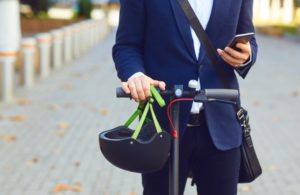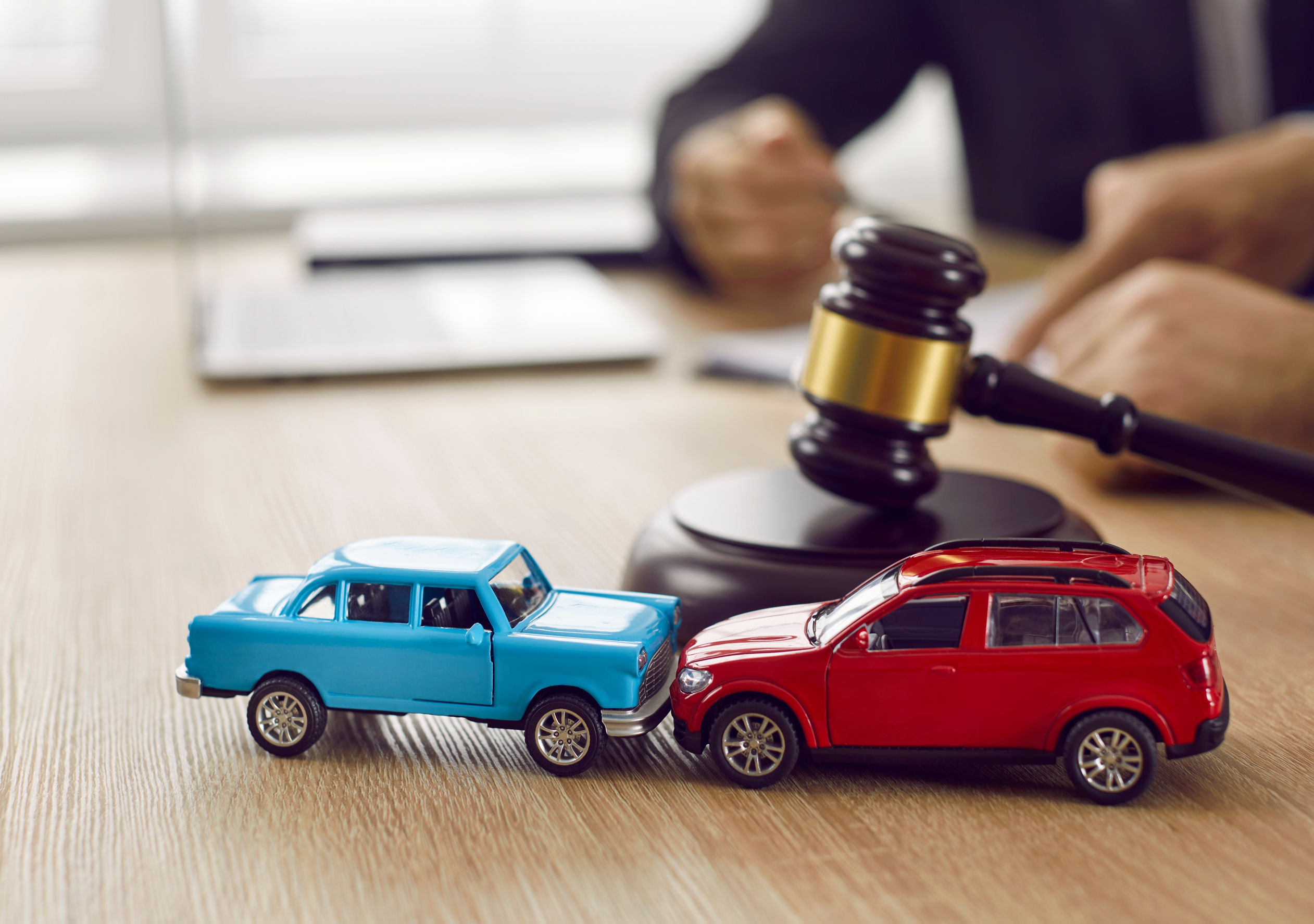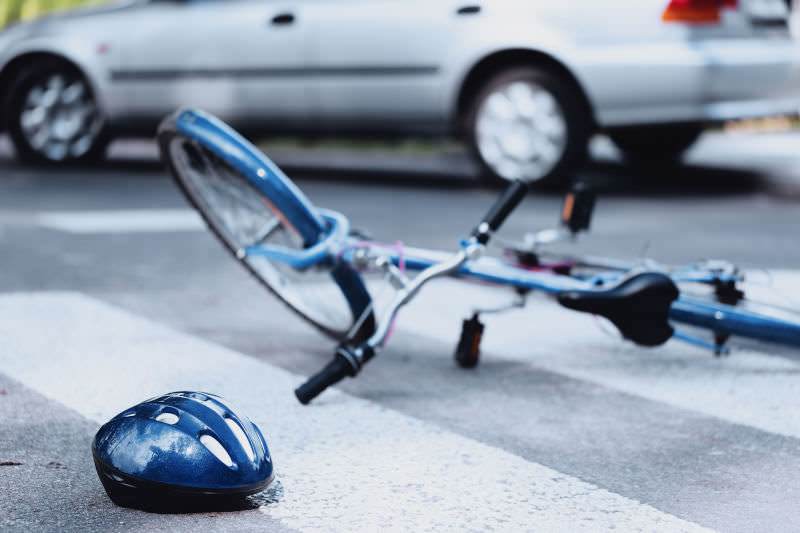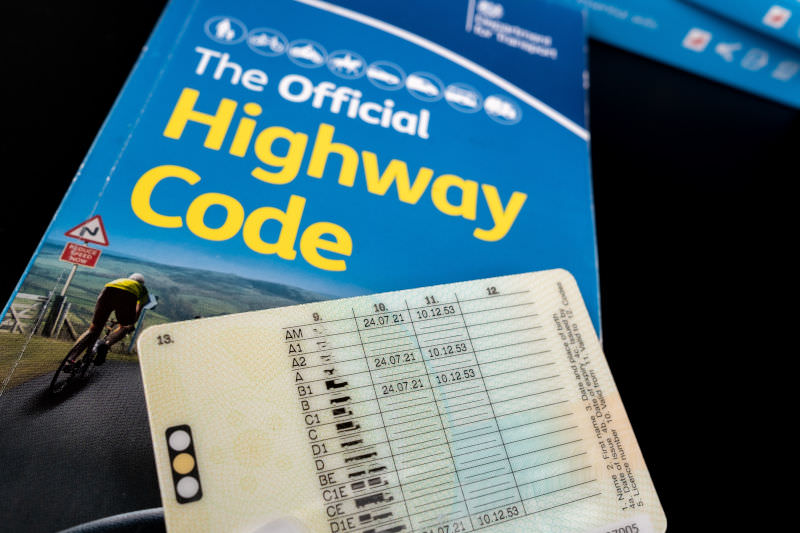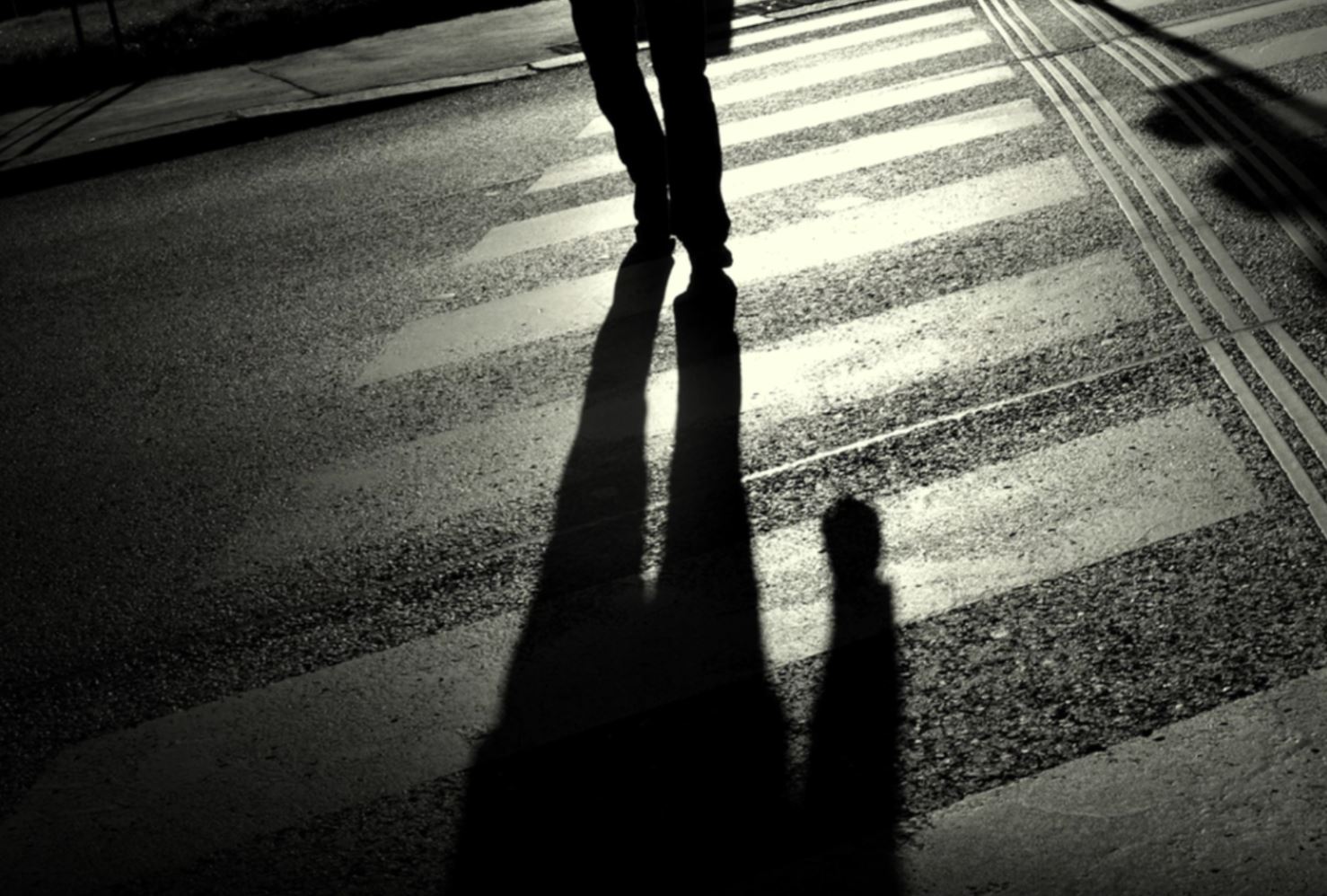E-scooters have zipped dramatically into the public eye over the last year or so. High-profile rental schemes for e-scooters – introduced in over 30 cities and boroughs across the country since July 2020 – have made the use of this eco-friendly transportation legal on UK roads for the first time.
But as Kermit the Frog once told us, it’s not easy being Green. While, e-scooters offer many benefits, their power, quiet operation, and mobility, means that there is always the danger of harm to pedestrians and motorists when some muppet rides one recklessly.
As such, they pose a considerable challenge for law-makers trying to strike the right legislative balance. How can this Green technology be harnessed without putting other road-users, and e-scooter riders themselves, at increased risk?
How legal are e-scooters at the moment?
It is still illegal to ride privately-owned e-scooters on public roads and footpaths, even in areas where rental schemes are in operation. Unfortunately, however, these laws are not always followed.
Anyone breaking the rules, and riding a privately-owned e-scooter in public, can face a £300 fine, 6 penalty points on their driver’s licence, and seizure of their e-scooter. Committing other motoring offences on an e-scooter, such as driving whilst drunk or intoxicated, or dangerous driving, means facing the same penalties as any other kind of motorist.
Currently, the only legal way to ride an e-scooter on a public road, is through one of the rental schemes in operation around the country.
Rental e-scooter regulations
People renting e-scooters under the trial schemes must still obey road traffic laws of course, but the schemes involve some further rules. These regulations may give some indication of how e-scooters could be more widely permitted in future. They include:
- Requiring riders to possess at least a provisional driving licence.
- Prohibiting the use of e-scooters on pavements.
- Recommending riders wear hi-visibility clothing and a safety helmet (although these are not legally required).
- Limiting the speed of e-scooters to a maximum of 15.5mph (in London, this has been set at 12.5mph, with some ‘go-slow’ areas of 8mph).
How dangerous are e-scooters?
Transport for London conducted a study on the safety of e-scooters, using data from the US. i News reported that the study found e-scooters “could be 100 times more dangerous than bicycles” – when comparing the number of accidents in proportion to the number of journeys undertaken. The data also suggested that e-scooter riders, “needed hospital treatment after accidents every 3.1 years on average”. The majority of injuries were to the head or neck.
Some models of e-scooter have the capability of reaching 68mph, far in excess of the 15.5mph maximum to which rental scheme e-scooters are limited. And, in July 2019, when a young woman was tragically killed riding a private e-scooter, speed was cited as a significant factor.
Sadly, a second UK e-scooter fatality occurred in June 2021, with the death of a young man.
But e-scooters do not just represent personal injury risks to their riders. i News states that, in Kent, over 800 incidents involving rental e-scooters have been reported to local authorities, with 122 users being banned from the scheme as a result.
One particularly harrowing incident in Leicester saw an e-scooter rider collide with a young boy on the pavement, leaving him with severe head injuries and ongoing psychological symptoms.
Safety measures used in the rental schemes
There are various ways in which companies operating rental e-scooters have tried to improve safety. These range from imposing curfews on the hours when e-scooters can be hired, to testing customers at the point of hire to prevent intoxicated people from riding.
Technology has also been used in London to enforce ‘go-slow’ areas. Rented e-scooters entering these areas automatically have their maximum speed reduced to a new limit of 8mph.
What could e-scooters mean for personal injury claims?
The potential exists for any vehicle being driven recklessly to increase risks of personal injury. However, the strange legal position of e-scooters makes for some unique implications where one has inflicted a personal injury.
E-scooters are classed as ‘powered transporters’. The government’s page on powered transporters states that:
“There is no specially-designed legal regime for powered transporters. This means that they are covered by the same laws and regulations that apply to all motor vehicles.”
Technically, therefore, privately-owned e-scooters must be insured, registered, and taxed when used on public roads. However, given that using a private e-scooter on a public road is illegal, it seems very unlikely that anyone flaunting that law would comply with any other legal niceties.
This means that if you are unfortunate enough to be injured in an accident with a privately-owned e-scooter – the rider will probably be uninsured and may be difficult to trace if they leave the scene. The incident of the young boy injured in Leicester, mentioned above, involved a ‘hit and run’ e-scooter rider who was only found following a family appeal.
A lack of insurance may be just as problematic to a personal injury claim as being unable to find the culprit. Personal injury compensation has to come from somewhere, and if there is no insurance in place and the e-scooter rider cannot pay it themselves, it often means a claim is not viable.
That said, at present, the Motor Insurers’ Bureau (MIB) can compensate people injured by uninsured e-scooters, however, this may change in the near future as domestic law diverges from EU law. The MIB have expressed their dissatisfaction at the possibility that insurance will not be required if e-scooters are legalised.
The regulations for the e-scooter rental schemes require that all rental e-scooters are insured.
The shape of things to come?
Sales of private e-scooters have been increasing despite still being illegal to use on public highways. This could be in anticipation of broader legalisation, or a sign that more and more people are willing to use them in contravention of the law. Either way, greater numbers of e-scooters on UK roads seem to be inevitable – as does their eventual legalisation.
The way in which private e-scooters are regulated will determine just how much they will affect road safety and personal injury claims. Allowing private e-scooters to be used in public without insurance, for example, will have enormous implications for personal injury liability.
Rental schemes are also likely to expand in the near future. However, rented e-scooters – being subject to much tighter regulation and technological control – represent a much lower risk to road safety than private e-scooters. And from a legal perspective, the companies operating the rental schemes provide an additional layer of responsibility. It is foreseeable that these responsibilities could increase as a way of ensuring safety measures are more widely adopted.
Further Reading
From one of the UK’s most read legal blogs.

